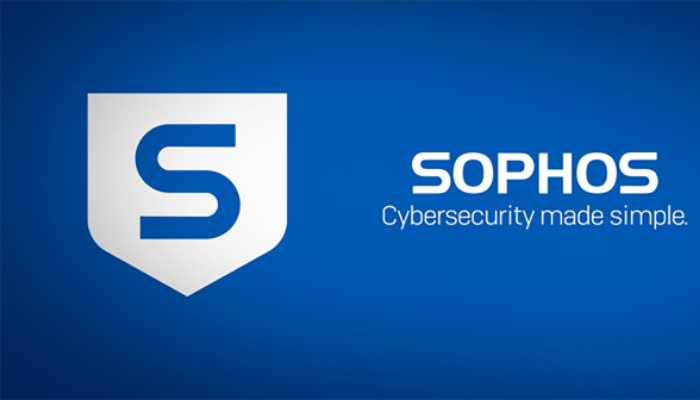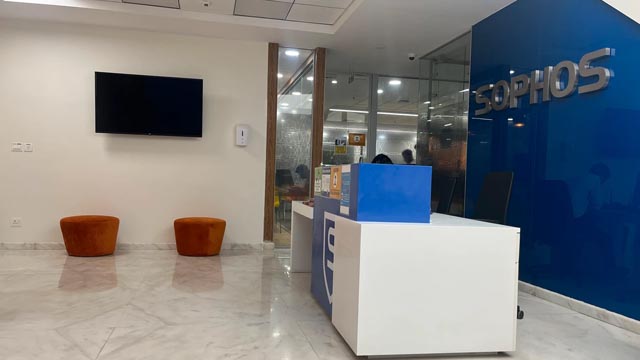Tokenization Beyond Payments: Unlocking New Fintech Product Opportunities

Tokenization is a ground-breaking technology development that goes beyond standard payments and has the power to totally change a variety of different industries.
Tokenization is the process of converting private information into unique, non-private tokens that faithfully represent the original information.
By preventing unauthorised use and prying eyes from accessing confidential information, this method improves security. Tokenization’s adaptability goes far beyond its traditional use in payment transactions, opening up new avenues for fintech application innovation.
Tokenization presents opportunities for transformation. Digital tokens, created by digitally converting tangible or intangible assets, enable fractional ownership. High-value assets, like real estate, fine art, or even collectibles, can now be made available to a larger range of investors by being divided into more manageable, marketable portions.
Fractional ownership opens up markets that were previously closed off to all but a small group of people, making investment opportunities more accessible to a larger audience.
By making it possible for asset tokens to be traded effectively across platforms, tokenization also improves liquidity. More liquidity lowers transaction costs and facilitates quicker, more adaptable trading, all of which can be beneficial in erratic markets.
Tokenization solves major privacy and security issues in the identity verification space. Sensitive personal data is frequently transmitted and stored via traditional identity verification techniques, which leaves it open to theft or exploitation.
By using tokenization, this sensitive data is replaced with individually unique tokens that conceal the true personal information.
This method makes sure that private information is kept hidden during the verification process, reducing the chance of fraud and identity theft. Tokenization also improves the efficiency and reduces error rates of the identity verification process by streamlining it.
Organizations can reduce administrative expenses and improve user experience by employing tokens to rapidly and reliably authenticate identities without handling or storing sensitive personal data.
Tokenization has a significant effect on supply chain management as well. It tackles important issues with efficiency, traceability, and transparency in this environment.
Tokenization allows for real-time product tracking along the supply chain by encoding materials or items as digital tokens. Increased visibility helps to prevent counterfeiting, minimize fraud, and improve inventory control. Tokenized items, for example, can be tracked from the place of origin to the destination, guaranteeing that the products adhere to all legal and regulatory standards. Real-time product tracking and tracing facilitates documentation by eliminating the need for paper records. Digital transaction and product movement records improve overall supply chain efficiency, reduce errors, and streamline audits.
In addition to the finance sector, tokenization finds extensive application in other industries. Its ability to streamline processes, increase security, and foster innovation are examples of its disruptive potential.
Through the utilization of tokenization, enterprises can effectively tackle various obstacles and open up novel avenues for expansion and advancement. Tokenization’s influence on financial services and products will probably increase as it develops and becomes more widely used. This will propel the fintech sector forward and change how financial transactions and data management are done in the future.
Tokenization will probably spur more developments in fintech and other fields as it develops.
Tokenization is positioned as a revolutionary force in the financial industry due to its capacity to improve security, optimize procedures, and generate fresh chances for creativity.
Businesses and organizations may drive growth in multiple areas and unleash new potential by adopting tokenization, which will ultimately transform the future of data management and financial transactions.
To sum up, tokenization is a big improvement over the current methods of managing and exchanging sensitive data and assets.
Beyond just payments, its uses offer cutting-edge solutions for financing, insurance, charitable giving, supply chain management, asset management, identity verification, digital rights management, and more.
The technology’s influence on the fintech sector and beyond is expected to grow as it develops and gains acceptance, propelling additional innovations and influencing the direction of financial services and products.
About the writer:
Chidi Udeze is a Senior Product Manager with a strong focus on cloud solutions, API infrastructure, and digital product innovation. Throughout his career, he has successfully led high-impact projects in the fintech and technology sectors, driving efficiency and growth. Chidi excels at designing and implementing strategic solutions that enhance user experiences, streamline operations, and deliver substantial revenue growth. His leadership in securing key partnerships and fostering digital transformation has made significant contributions to the companies he’s worked with. Chidi has a deep technical background in cloud computing, SaaS technologies, and product management, positioning him as a leader in the tech space.







